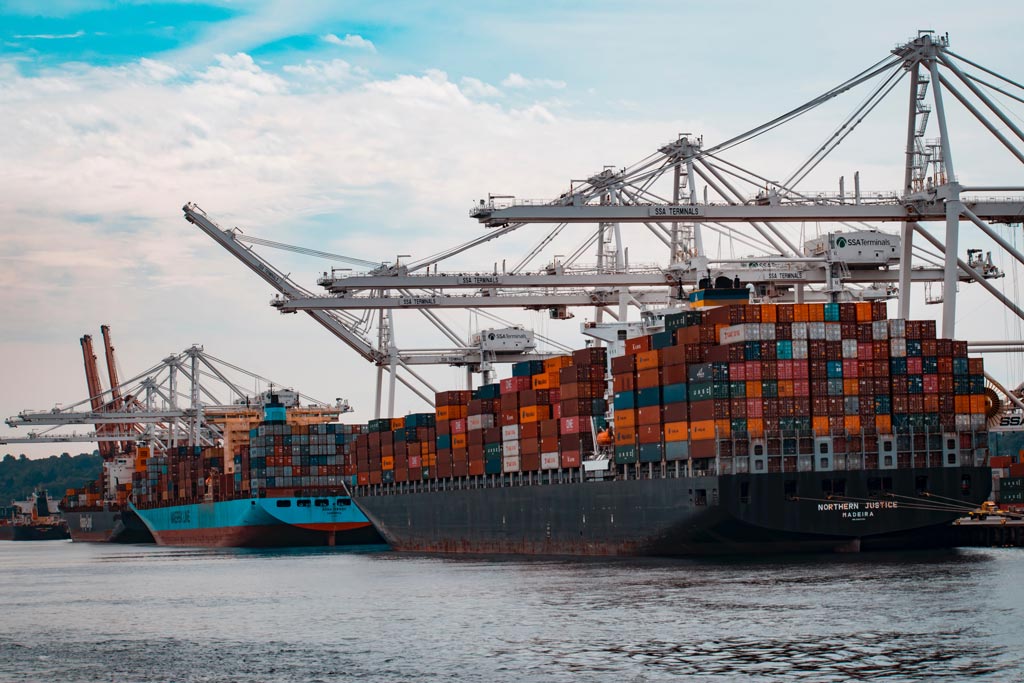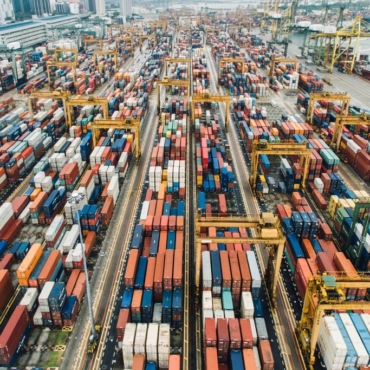Interested in the import / export regulations of the Middle East? We have put together a brief guide to help you understand the basics of importing goods to the Middle East, including countries such as Saudi Arabia, the United Arab Emirates, Syria, Lebanon and Iraq, among others.
Each country in the Middle East has a similar set of guidelines for importing goods. For instance, all shipments must be inspected, and certified based upon a set of product guidelines set in place by each country. These guidelines may include product conformity rules, safety test reports, or technical datasheets. These mandatory guidelines are in place to help make sure that products of poor quality to not enter the marketplace.
What is Regulated?
In addition, each country has a list of products that it considers to be regulated products. When importing products in the Middle East, the respective country’s list must be consulted, with relevant commodities / products showing proof of meeting relevant guidelines. For example, the Kingdom of Saudi Arabia has a program in place called the SASO Certificate of Conformity, while the State of Kuwait uses KUCAS (Kuwait Conformity Assurance Scheme). To obtain information on the guidelines of other countries in the Middle East, contact Accord Global Trade.
Gulf Standards Association
Many of the countries in the Middle East are part of the Gulf Standards Association (GSO). These countries include:
- Kingdom of Bahrain
- Kingdom of Saudi Arabia
- Republic of Yemen
- State of Kuwait
- Sultanate of Oman
- State of Qatar
- United Arab Emirates
The above list of countries adheres to a strict set of standards, following the GSO’s guidelines for importing goods / commodities.
Next Steps
Are you interested in exporting to the Middle East? Or, are you in the Middle East and interested in importing products or commodities? The experts at Accord Global Trade can provide trade consulting services and assist you in navigating the complex laws for international trade. Contact us today to get started.





